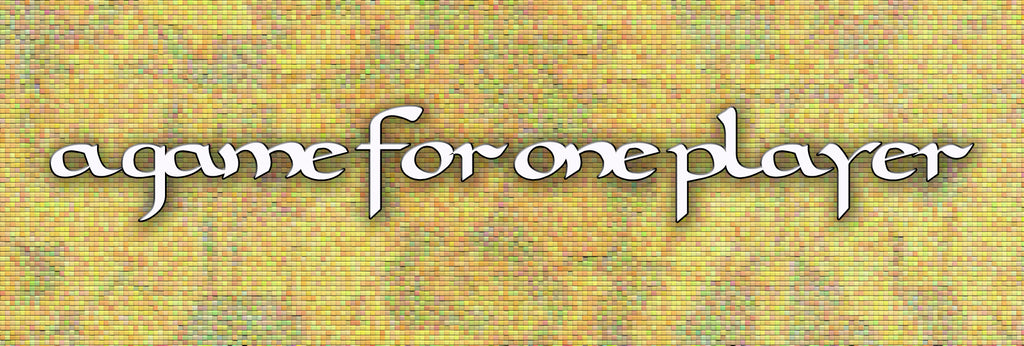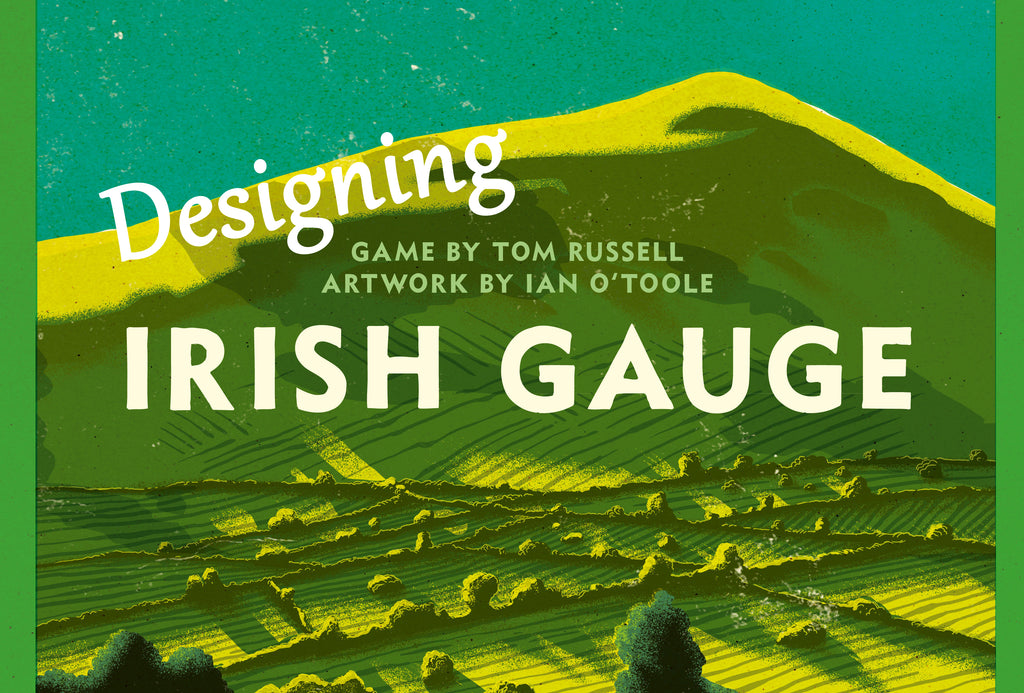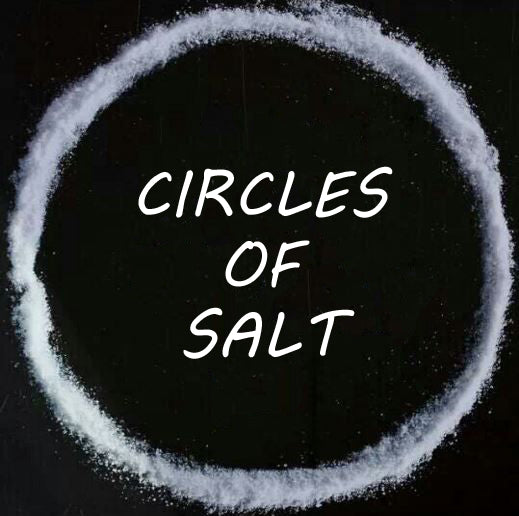Hollandazed: Thoughts, Ideas, and Miscellany — game design
FROM THE ARCHIVES: STRONG SOMEWHERE, WEAK SOMEWHERE (by Tom Russell)

A partial section of a rough prototype map Designers, stop me if you've heard this one before: you create a new game after lots of immersive research. You have a solid set of mechanics that have been designed specifically to represent that historical conflict. You make up a rough map (in my case, using Photoshop) and a set of counters (in my case, scrawling on some sticker paper), and you sit down at the table to give it a spin. You don't expect everything to work - almost nothing ever does the first time around - but you're hoping that...
DEBT IN WESTPHALIA (by Tom Russell)

One line early in my Westphalia teach always gets a laugh, and it's this one: There is no money in this game, only Debt, and you don't want it but you only ever seem to get more of it. Sometimes, but not always, I get a second laugh when I explain that Prestige reduces the rate at which the interest on your Debt accumulates, "kinda like a credit score". (Sometimes the laugh is tinged with a streak of bitter recognition - what better way to get away from thinking about my mortgage and my student loans and the fact that...
FROM THE ARCHIVES: THE PROBLEM OF STATELESSNESS IN SOLITAIRE GAMES (by Tom Russell)

I used to be very wary of solitaire wargames. Not, mind you, of playing two-player wargames solitaire, but of honest-to-gosh solitaire designs. Partially, my reticence was somewhat aspirational: I might be playing both sides in this WW2 game, but the possibility existed that someday, someone who would dig the game would be sitting on the other side of the table. Whereas if I plunked down some of my hard-earned cash for a solo-only title, that possibility - however rarified and improbable - no longer existed. And, when you're on the sort of budget where you can only buy maybe five...
DESIGNING IRISH GAUGE (by Tom Russell)

The most remarkable thing about Irish Gauge (originally published by Winsome in 2014, and just recently republished in a handsome new edition by Capstone) is that I designed it in about an hour while driving home from work in the autumn of 2012. Now, I'm not supposed to say that. I'm supposed to talk about ideas percolating for months, about trials and errors, about the inherently iterative process of game design, about the versions of the game that didn't work but were refined via playtesting into something that was first playable, and then, eventually, something that was good. But that's...
CIRCLES OF SALT (by Tom Russell)

I came into the hobby through eurogames, attracted by their machine-like elegance and their general aversion to Random Elements. In fact, the eurogames that I disliked tended to be the ones that used dice or swingy card decks. When I started designing games, I kept these random elements to a minimum, eschewing them when I could and taking great pains to mitigate them when they were necessary. Sometimes eurogamers that move into wargames express shock at the frequent use of dice to resolve combat, but that wasn't the case for me. Rolling dice on a CRT didn't seem like a...
